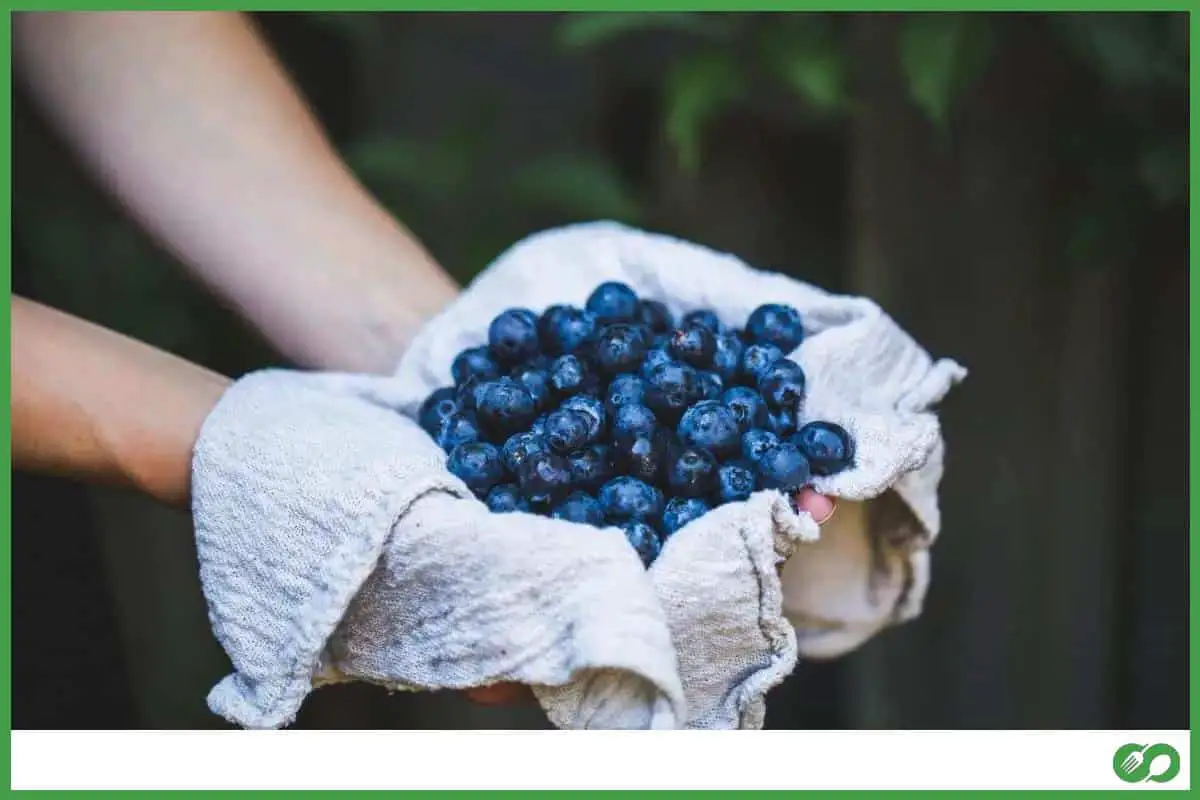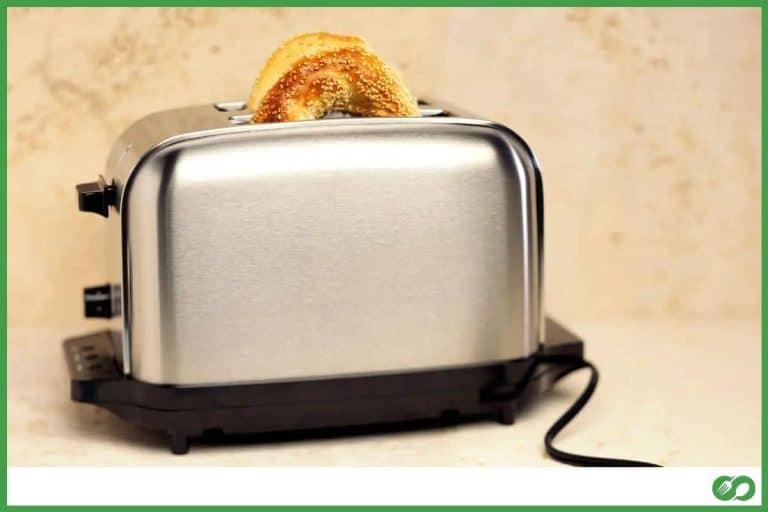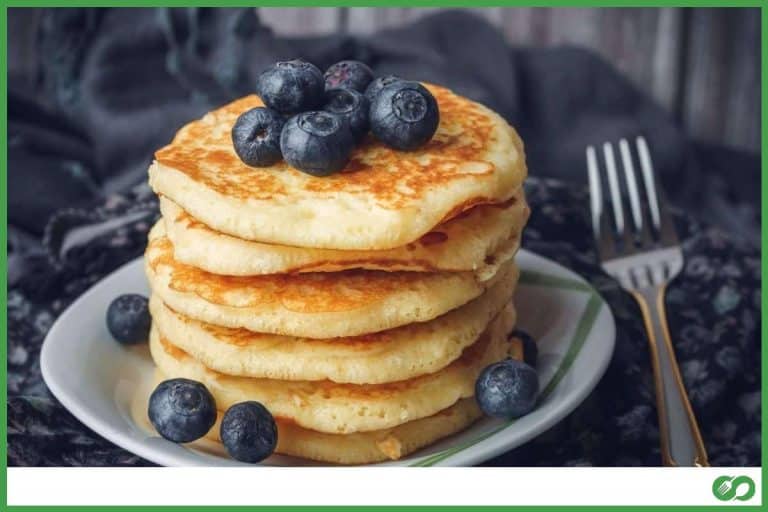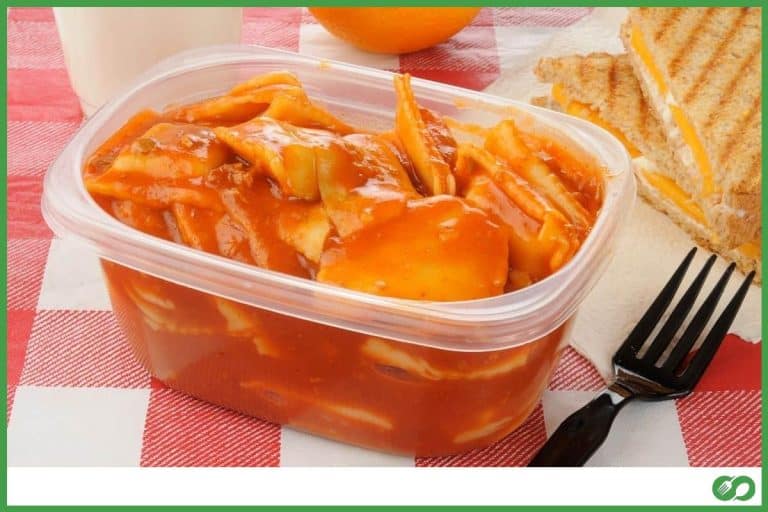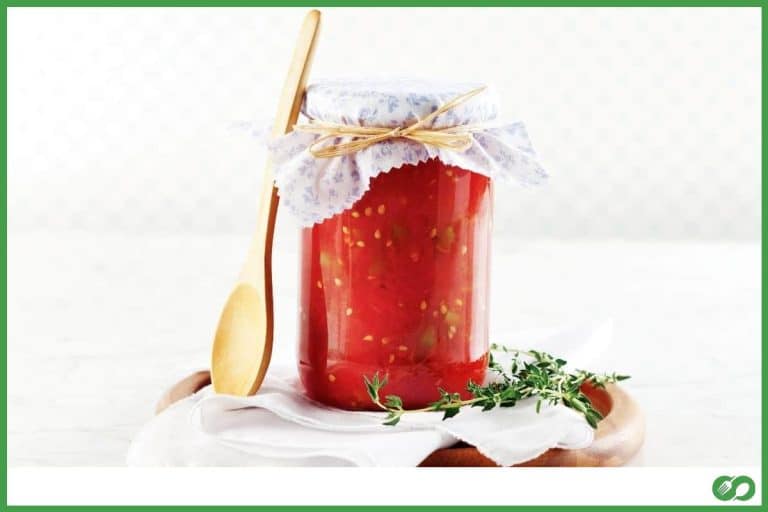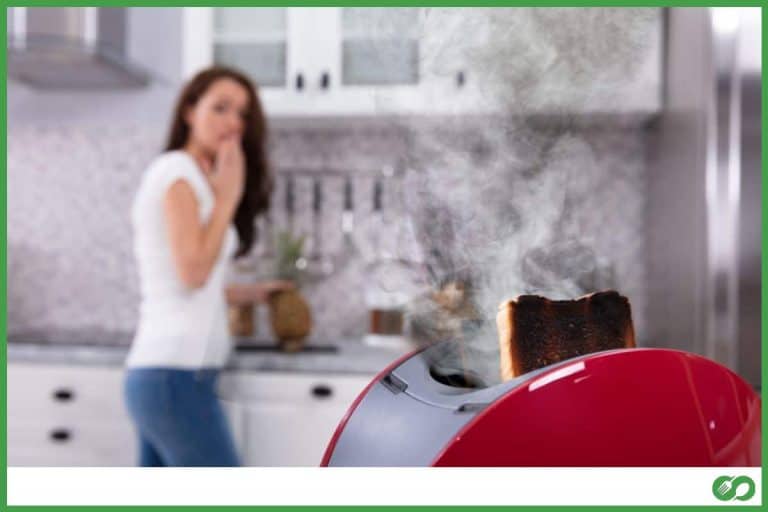Should You Wash Blueberries? (This Happens if You Don’t!)
This post may contain affiliate links which means that, if you choose to make a purchase, I may earn a small commission at no extra cost to you.
It will be summer soon, and you will be snacking on blueberries every now and then. When stored in an airtight container in the refrigerator, these tiny summer delights last the longest. In this regard, a question may come to your mind: should you wash blueberries? The answer may surprise you!
To be fair, it is essential to wash any fruits and veggies before you consume them. However, in the case of blueberries, rinse them only before you eat them. Or, you can simply store these in your fridge in frozen packets without washing them.
Repeating the washing process may alter the flavor of your blueberries. Moreover, you should learn how to properly store these little balls of bliss so that you can enjoy them throughout the summer! Hence, to learn in detail, please read the entire article.
Should You Eat Blueberries Without Washing Them?
The straight answer would be, “No, you should not.” It is not wise to eat any kind of fruit without washing it first. But repeated washing may sometimes interfere with the quality and taste of your blueberries.
It won’t be long before you have to buy several boxes of blueberries! And maybe you’ll just pop a few in your mouth on your way back home from grocery shopping! So, naturally, you might be thinking, would it be okay if you just popped one or two without washing them?
Actually, no, it won’t be okay. It would be best if you washed the blueberries before you ate them.
What Happens When You Don’t Wash Blueberries?
Basically, any kind of product, be it organic or inorganic, or even hand-picked may contain traces of chemicals. In the field of production, it is often referred to as drifting of pesticides.
In simple words, say, some farmers may have organically cultivated one kind of product in one field. No chemical fertilizers or pesticides were used in treating these plants. And say, there were other products in the neighborhood that were not organic. And, they required fertilizers and chemicals to grow.
Maybe, the cultivator was careful enough not to let the two varieties mix. But you can never stop air transmissions. Traces of pesticides may find their way to other fruits via the wind or air. On the other hand, during the transport of these fruits to the warehouse or local markets, contamination could still happen.
Now, it won’t be wise to eat some fruits knowing that they could have a layer of insect-killing pesticides on them. Naturally, it would help to wash them properly before consuming them.
Furthermore, crops that are grown in fields have a massive chance of soil contamination. Soil is the primary source of bacteria and other microbes. Most importantly, soil harbors the most notorious bacteria, Escherichia coli. This notorious species can still invade your crops, whether you grow them organically or conventionally! Worst of all, you can get sick!
So, even though you pay the extra money for organic varieties, you should always wash them before you eat them. You can never be too careful! The traces of pesticides or layers of bacteria on your foods and fruits won’t do you any good! So, always wash them before you eat! Washing may not remove everything, but what better can you do than do nothing at all?
But What Happens When You Wash Them A Lot?
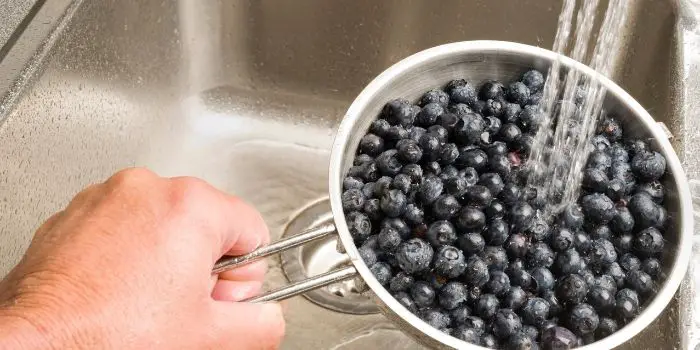
Now, let’s come back to the main point of discussion. Basically, blueberries have fragile skin, and repeated washing may make the skin too soggy and ultimately ruin your blueberries.
Besides, there is an excellent chance that excess water may enter the blueberries due to repeated rinsing. Eventually, the moisture may diminish their shelf-life. So, even if you follow all the steps to store them properly, washing too much may ruin your blueberries way too soon!
So, it is often recommended that you wash the blueberries only before eating them. Blueberries are very sensitive to water. Hence, store the rest in a zip-lock bag or container and just wash the amount you are about to eat now!
Should You Wash The White Layer On Top?
Most people think the whitish layer on top of blueberries is unhealthy. Some even confuse this with molds, pesticides, or even fungal growths! In fact, so many people have wasted their precious time trying to scrape off this white layer!
But this white, waxy layer is actually there to protect your blueberries. It is an inherent quality of blueberries to produce a thin waxy coating on their top that protects them from the sun, dirt, and dust. It also helps to keep them dry and retain their moisture, which increases their lifetime.
In fact, this whitish layer is famous as the “bloom.” Most importantly, the bloom is a marker of the freshness of your blueberries. The berries in bloom are juicier, softer, and plumper! It is not the white layer on top that you should be worried about; instead, you should be worried if there is no white layer at all!
How To Wash And Store Blueberries Properly
Previously, you learned that it was crucial to wash your berries before consuming them. But then again, you shouldn’t be doing it too much. So, let’s cut to the chase and get to know how to wash and store these blueberries properly.
Step 1: The first step is to choose your blueberries carefully. You must pick the fresh ones in your collection and discard the bad ones. The ones with molds or fungal growth may have greenish layers on them. Also, if you have preferences, discard the red ones. The red ones haven’t ripened yet.
Step 2: Transfer the berries to a strainer or filter. Make sure you have taken enough quantities and not more than necessary. Remove any dirt or plant stems that are still visible on the filter.
Step 3: Rinse them well under tap water. Don’t make the water stream too forceful, or your berries will get smashed! Rinse them gently under cold water, or you can simply wash them in a bowl of water.
Step 4: Shake off the excess water. In this step, shake your strainer so that excess water can drain off. Next, dry your berries with a paper towel gently. Then, you can leave them open in the air to dry properly.
Step 5: Some people also use vinegar to clean blueberries. Use one part vinegar with three parts cold water when washing them. It helps wash off any fungal growth or mold. To do this, keep your blueberries in the water mixture for roughly one to five minutes.
Step 6: Then, wash again with normal cold water or gently under tap water. Please don’t keep the berries soaked in the vinegar-mixed water for long. Or the berries may become very mushy. Also, be gentle when washing again with tap water. Wash until the smell of vinegar goes away.
Step 7: Sometimes, if you don’t have vinegar, washing with soap water or some dishwashing liquid can serve you well. Simply, use some liquid soap and wash the berries properly. The primary purpose is to get rid of any fungus, bacteria, or chemicals on top of the blueberries and make them clean!
Step 8: The step of drying is the same in all cases. However, some people use baking trays or more oversized trays for drying. Lay on some paper towels and use another paper towel to pat them dry.
Lastly, eat them right away. Or you can store them in a zip-lock bag and freeze them for future use. If you keep blueberries in your refrigerator, they will remain good for as long as ten days. And if you freeze them in bags, they can stay fresh for months!
However, you can put them straight in a zip-lock bag and then freeze them without even washing them. The most appropriate temperature for storage is about 30-32 degrees Fahrenheit. It will increase their shelf-life. When you want to eat, only take out the exact quantities you want to eat and then wash them!

